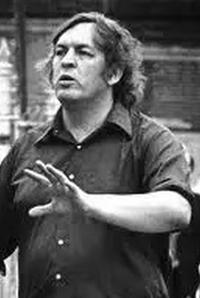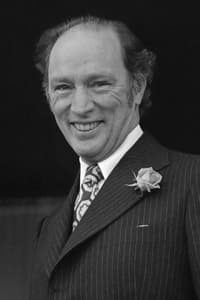Action : The October Crisis of 1970
Genres
Documentary
OverView
A long and thoughtful look at those desperate days of October 1970, when Montréal awaited the outcome of FLQ terrorist acts. This film puts the October Crisis in the long perspective of history. Compiled from news and other films, it shows independence movements past and present, and their leaders; it reflects the mingled relief, dismay, defiance, when the Canadian army came to Montréal; and it shows how political leaders viewed the intervention.
Others
Budget
$--
Revenue
$--
Status
Released
Original Language
English
Runtime
87 mins
Rating
7.5/10
Release Date
16 September 1973
Country
Canada







